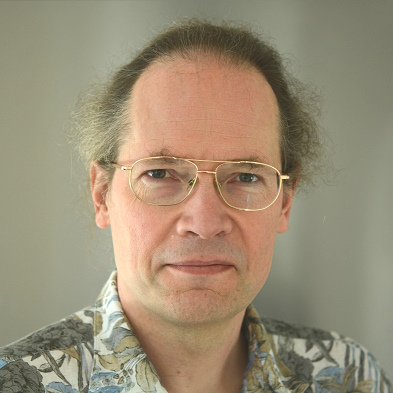Peter Sewell is a computer scientist, interested especially in how one can develop and use mathematical models for mainstream computer-systems abstractions, to make the systems that we all depend on better understood, more robust, and more secure.
He and his group are best known for their work on the subtle relaxed-memory concurrency behaviour and detailed sequential semantics of processors and programming languages. They have brought these into the mathematical domain, creating experimentally grounded models that de-mystify them for practitioners and theoreticians, to enable more rigorous engineering and more realistic theory. They have done the same at design time for new capability-enabled processor architectures, that build in better security protection, with machine-checked proof that full-scale architecture specifications have their intended security properties.
He is currently Professor of Computer Science at the University of Cambridge.
Professional position
- Professor of Computer Sciences, Computer Laboratory, University of Cambridge
Subject groups
- Computer sciences
Systems, including networking, Programming languages and verification, Security and privacy
- Engineering
Computer engineering (including software)

